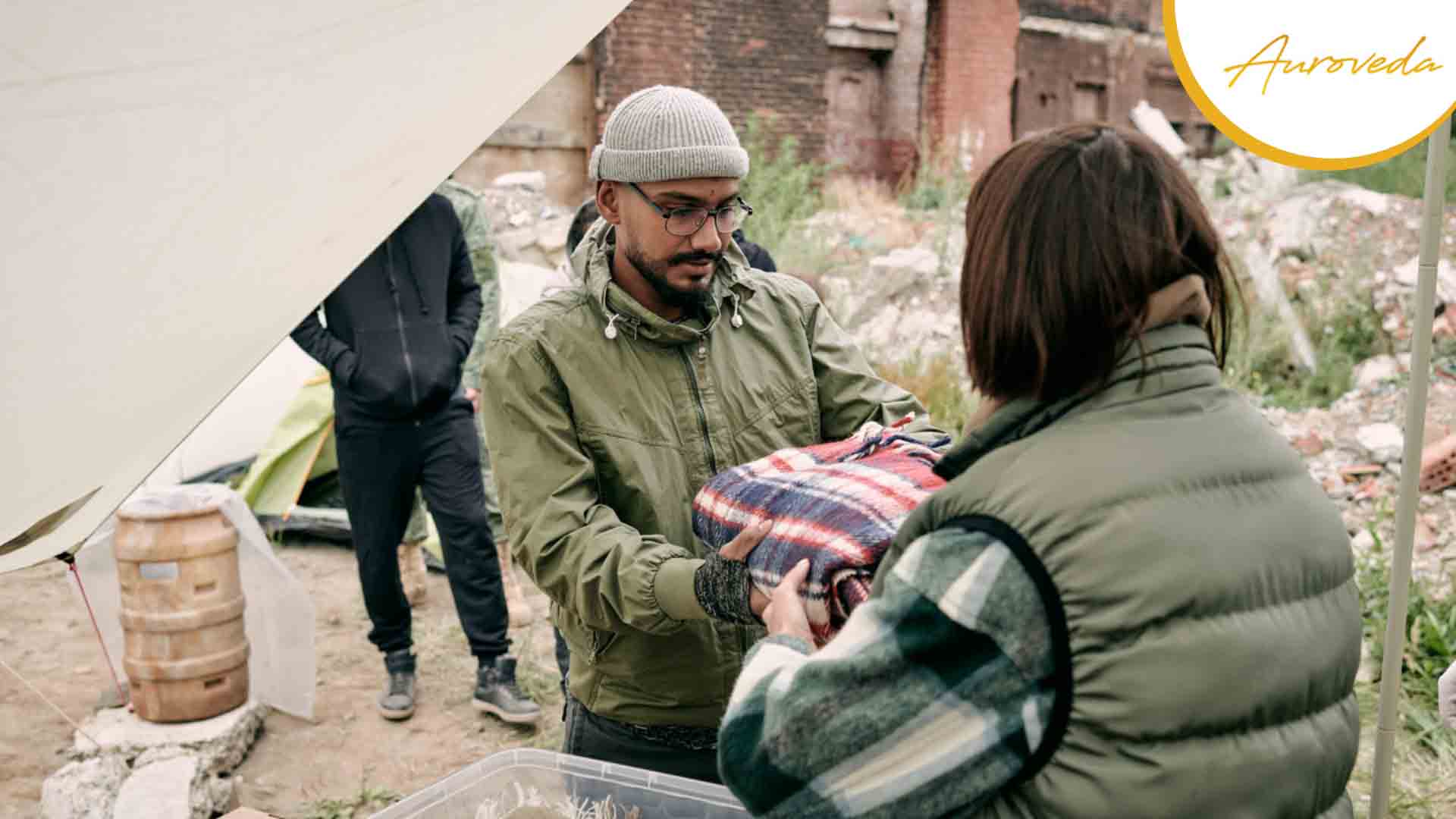Individuals and families fleeing persecution, war, and bloodshed in their home countries have made India their home for decades. According to UNHCR India, there are around 200,000 refugees in India, the bulk of them being from Tibet, Afghanistan, Sri Lanka, and Myanmar. While India helps refugees with temporary housing and basic necessities, the process of assimilating into Indian society can be complex. It is important that these people are effectively integrated, not only out of compassion, but also so that they can contribute to their new host country as workers, taxpayers, and consumers.
Waiting for long periods of time can harm refugees’ prospects of integrating, yet they typically have to wait months or even years without language training and other forms of integration support, such as skills evaluations and civic integration courses. Countries like India should work to reduce the time it takes to process refugee motions while also providing early assistance to individuals who have the potential to stay. Here are some ways to help refugees integrate into Indian society:
1. Education
Education is one of the most important aspects that can help refugees integrate into Indian society. Education can give refugees the skills, information, and qualifications they need to find work, communicate with locals, and become self-sufficient. As a result, Indian schools and colleges in association with NGOs like Auroveda, can develop programs to meet the educational needs of refugees. Furthermore, by offering scholarships, grants, and financial aid, the Indian government can ensure that refugees have access to education.
2. Employment
The ability to earn a living is critical for refugees’ absorption into Indian society. The Indian government and the corporate sector may work together to create job possibilities for refugees. Furthermore, the government can design programs offering refugees with vocational training, skill development, and entrepreneurship training. This would allow them to gain skill sets that are in demand in the local job market.
3. Language and Culture
Language and differences in culture could make it difficult for refugees to integrate into society. As a result, organizations and communities can provide language lessons to refugees in order to help them learn Hindi, English, and other regional languages. This would enable refugees to speak more effectively with the locals and participate more in community activities. Furthermore, communities could set up cultural exchange programs to teach refugees about Indian culture, traditions, and customs. This would help refugees in understanding Indian culture and cultivating a sense of belonging.
4. Health and Well-being
Refugees often suffer from physical and mental health issues as a result of the trauma and stress of forced displacement. The Indian government and organizations should be able to provide refugees with access to healthcare and mental health services. This would enable individuals to receive proper medical care, counseling, and assistance in order to enhance their physical and emotional health. Programs like the ‘Gift of Health’ by Auroveda help contribute to this cause.
5. Legal Assistance
Refugees tend to face numerous legal issues with citizenship, documentation, and employment. As a result, the Indian government should provide legal aid to refugees by establishing legal aid centers and offering pro bono legal services. This would help refugees navigate the judicial system and protect their rights under Indian law.
6. Community Engagement
Participating in community events can help refugees feel accepted and included. Indian organizations and communities can achieve this by hosting events, workshops, and festivals. This can also be a chance for refugees to display their skills, culture, and traditions. Communities can also encourage refugees to volunteer for social causes, allowing them to give back to society and develop a sense of purpose.
7. Social Support
In a new nation, refugees often feel alienated and lonely. As a result, Indian communities can provide social support to refugees by forming support groups, mentoring programs, and buddy systems. This would allow refugees to engage with locals, discuss their stories, and form friendships that would help them feel more connected and integrated into Indian society.
8. Media Representation
Positive portrayal of refugees in Indian media can help in clearing up misconceptions and adverse opinions about refugees. Indian media outlets should produce content that promotes the experiences, accomplishments, and contributions of refugees in India. This could contribute to making India a more inclusive and inviting environment for refugees.
Ultimately, it is important to pay special attention to how to efficiently promote refugee integration, for the sake of both refugees and host countries. We must be aware of the refugee conditions in India and learn ways to contribute to this cause.

